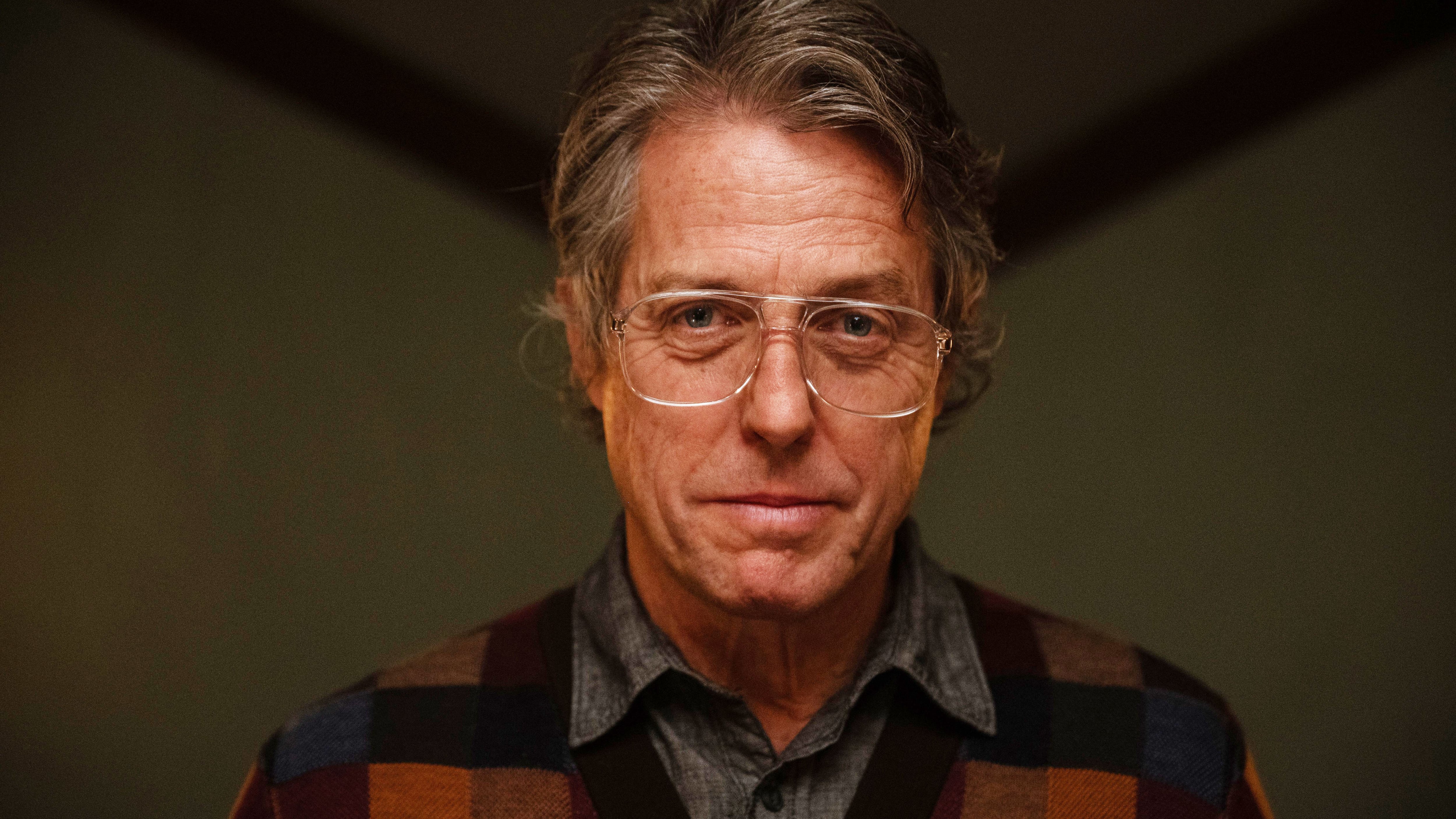‘Heretic’: The Inside Scoop on the Crazy Hugh Grant Mormon Horror Film
BEHIND THE SCENES
Directors Scott Beck and Bryan Woods give us all the secrets on “Heretic,” the only fall thriller to involve Hugh Grant, Mormonism, blueberry pie, and Jar Jar Binks.






